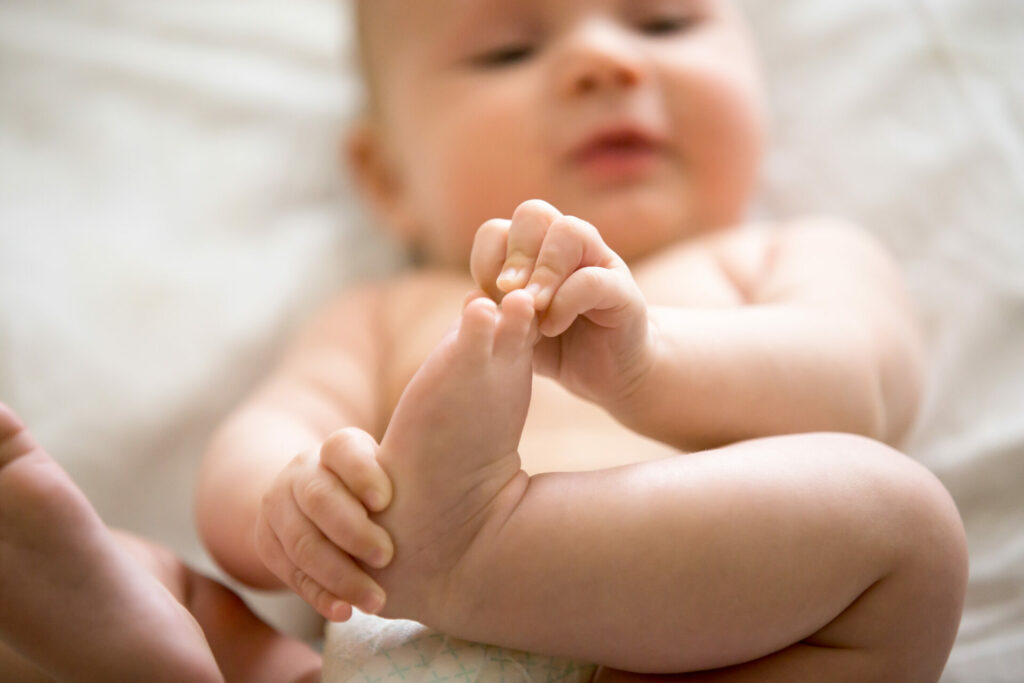On Thursday, the European Parliament voted on a non-binding proposal to enshrine the right to abortion in the Treaty on European Union. As Slovenian MEP Romana Tomc explained, such campaigns are particularly reprehensible at a time when Europe is facing a demographic winter.
“Today in the European Parliament, I voted against the proposal to enshrine the right to abortion in the Treaty on European Union. There were only 163 of us who voted against,” she wrote on the social network X.
But it was not the enshrinement itself that bothered her. The proposal that Members of the European Parliament voted on used terminology with which she disagrees. “It shows how far we have come that the majority has no problem supporting the argument that people other than women can get pregnant,” Tomc wrote.
“This is a broader political agenda linked to the destruction of family values. Such campaigns are reprehensible, especially at a time when Europe is facing a demographic winter. We should be working on how to increase birth rates and how to promote family life, otherwise we will soon be no more. It is also an unacceptable interference in the right of individual Member States to decide independently on this issue,” wrote the MEP.
The European Union is not called to change abortion policies
As the non-governmental organisation Alliance Defending Freedom (ADF) International pointed out, the vote of MEPs will have no impact on international law that protects life. The NGO pointed out that 336 out of 705 MEPs voted in favour of the proposal, which is critical of doctors in Italy, Slovakia and Romania, who refuse to perform abortions on the grounds of a conscientious objection.
“The European Union is not called to change abortion policies internationally, nor inside member states, and in reality, a non-binding resolution like this has no power to amend the EU Charter on Fundamental Rights,” they wrote on their website. They added that the European Union should adopt legislation with the aim of empowering mothers, protecting children, and supporting the creation of families.
Ž. K.


